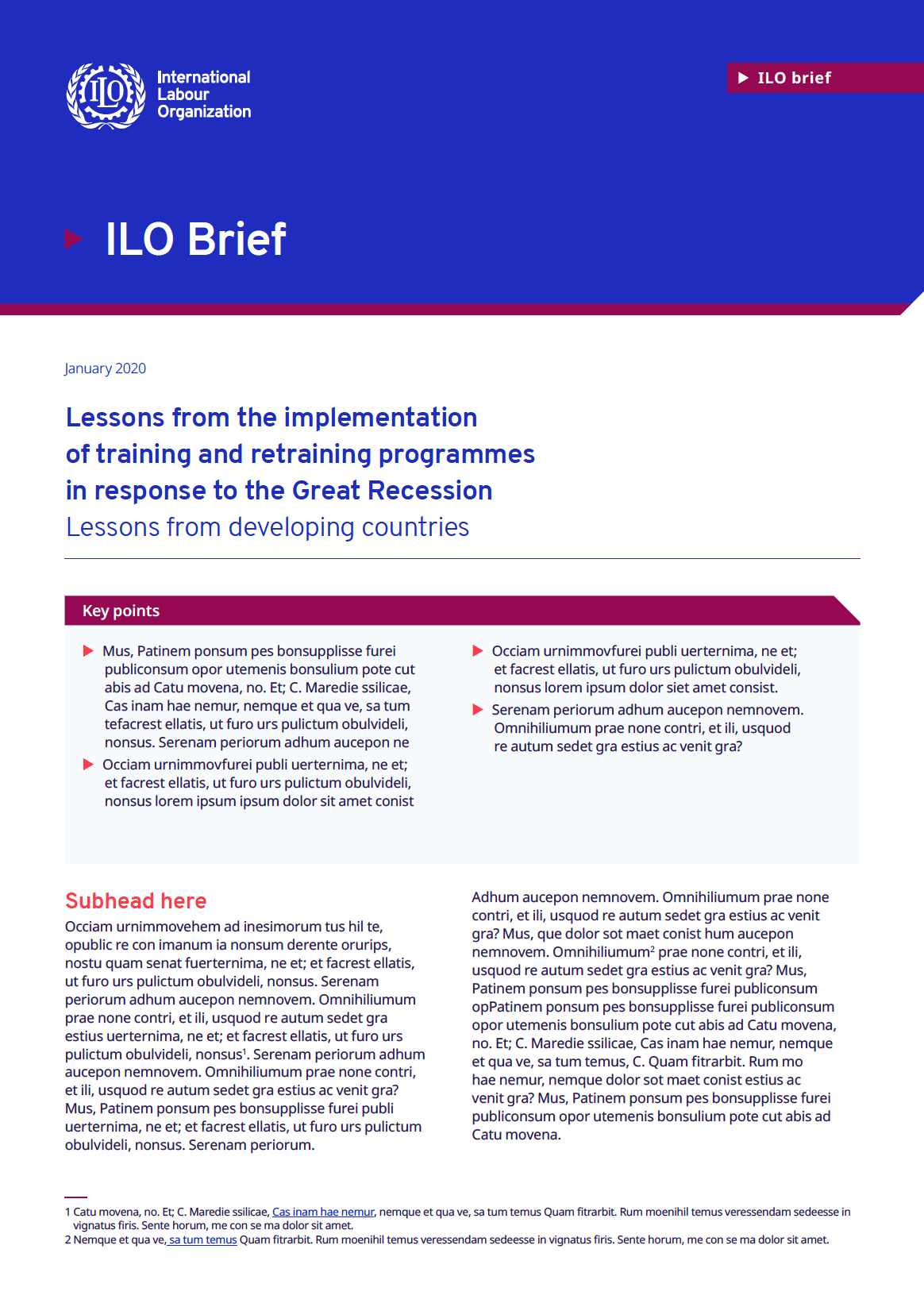Building a highly skilled and resilient Canadian workforce through the Futureskills lab
Providing Canadian workers with the tools to adapt to a changing labour market would establish the conditions for inclusive economic growth, and create the opportunity for widespread increases in household incomes. As noted in a recent report from the Business Council of Canada, ‘skills make workers more resilient [and] able to adapt to inevitable change in a world where people have multiple jobs during their
working lives.’ Further, greater support for skills development among disadvantaged groups, and for workers in the low-skill jobs most likely to be affected by automation, will be critical to developing an economy that works for all. Canada must respond to the monumental shifts occurring throughout the global labour market – agile and forward-looking national action today will help prepare future generations of Canadians for work success and boost Canada’s competitiveness on the global stage.
In this paper, the Council proposes the formation of a national non-governmental organization to operate as a laboratory for skills development and measurement in Canada. Led by an executive team drawn from the private, non-profit, and education sectors, the FutureSkills Lab would invite all levels of government, private sector organizations, labour unions, not-for-profits, and other interested parties to partner on an opt-in basis. Through project partnerships and co-financing opportunities, new and innovative approaches to skills
development and outcome measurement will be explored. Drawing from these experiences, the FutureSkills Lab would amass learnings and best practices. By sharing these learnings, the Lab could help inform skills and training program funding decisions of multiple players, including government ministries, researchers, employers, and organizations dealing with labour market information. The Council believes that the FutureSkills Lab could catalyze and enable much more forward-looking approaches to preparing Canadians for the workforce.




